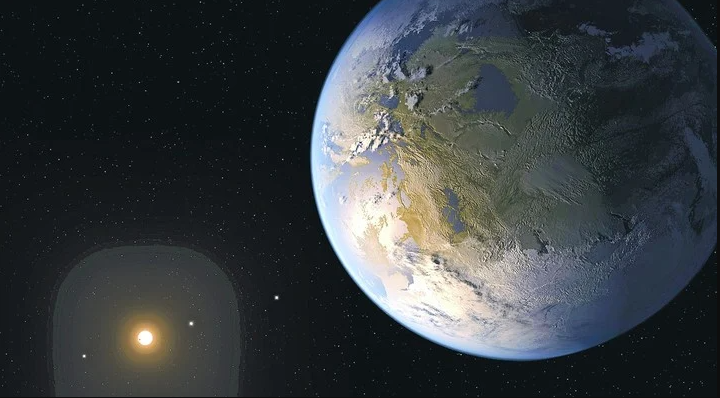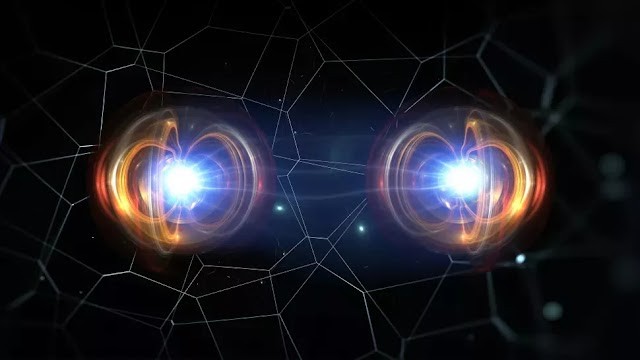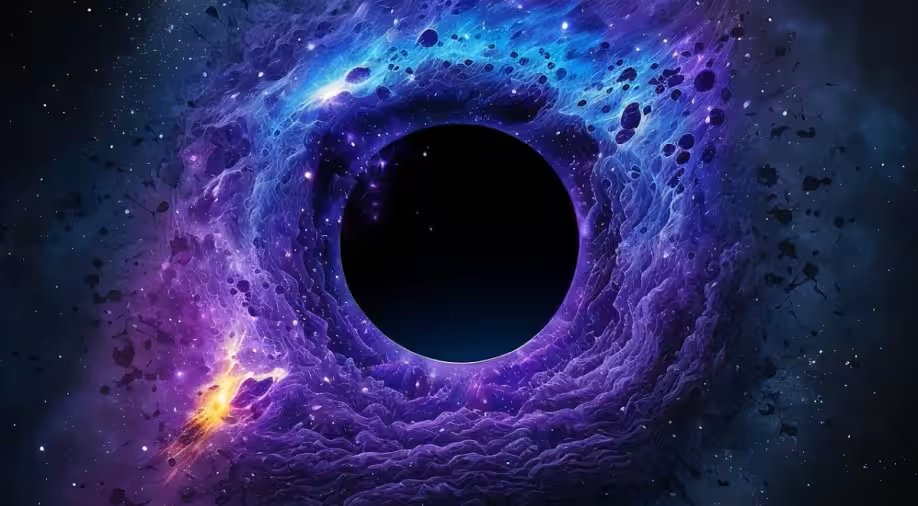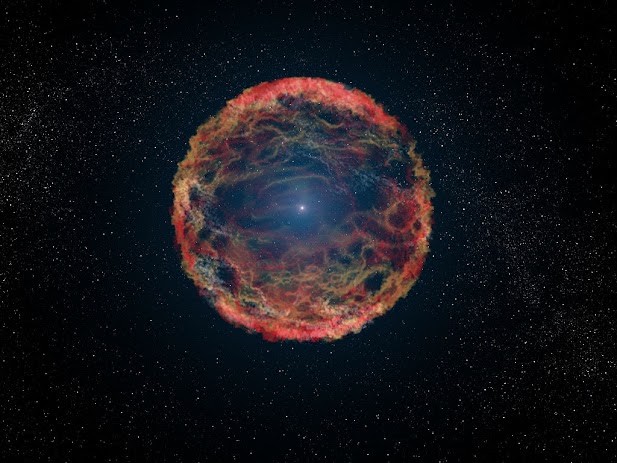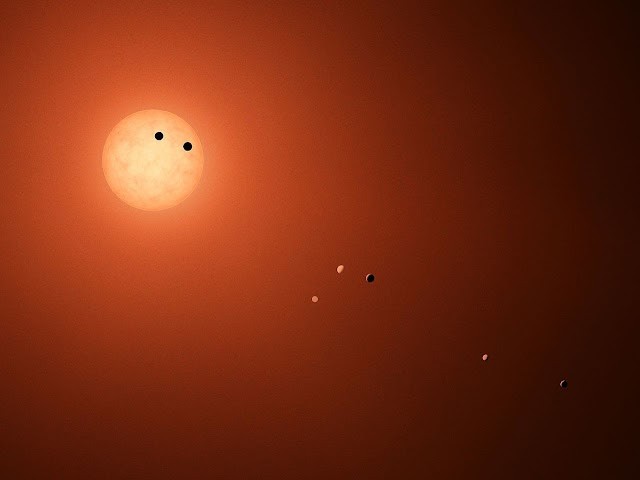In a remarkable instance of citizen science, amateur astronomers have captured a cosmic collision on Jupiter. The event occurred at 1:45 a.m. Japan Standard Time on August 29, 2023.

The Organized Autotelescopes for Serendipitous Event Survey (OASES) project and Planetary Observation Camera for Optical Transient Surveys (PONCOTS) system reported a flash observed in Jupiter’s atmosphere. This flash was later confirmed to be ᴀssociated with an apparent comet or asteroid impact on the gas giant.
Jupiter, with its powerful gravitational pull, frequently experiences cosmic collisions. However, capturing such an event in real-time is a rare feat. The amateur astronomers used automated telescopes to continuously record the surface of Jupiter, and the flashes were emphasized in the videos as the brightness and color balance were automatically adjusted.
きのうのTLで知った木星の閃光、撮影したデータを確認してみたら写っていました。
…声が出ました(^^;
日本時間2023年8月29日1:45、世界時28日16:45です。https://t.co/UYhnvAmA63https://t.co/Y7nCHtJq4k pic.twitter.com/g0FerdyoVg— MASA Planetary Log (@MASA_06R) August 29, 2023
The gas giant is considered to play a significant role in protecting the inner solar system from asteroids and comets by attracting and absorbing impacts or flinging potentially dangerous objects further out into the solar system.
This event is not just a testament to the capabilities of amateur astronomers but also a reminder of the dynamic nature of our solar system. The presence of Jupiter and Saturn in the solar system is credited with helping life on Earth flourish by acting as cosmic shields.
The OASES project has been involved in several observations surrounding Jupiter impacts in recent years, and this latest event adds another layer to our understanding of these celestial phenomena.
As we continue to explore the cosmos, both professional and amateur astronomers play crucial roles. While large telescopes and space missions provide us with a wealth of data, amateur astronomers bring a different kind of value.
They remind us that the universe is not just a subject for academic study but a source of wonder that is accessible to anyone with curiosity and a telescope. This latest observation of a cosmic collision on Jupiter underscores the importance of citizen science in expanding our understanding of the universe.
